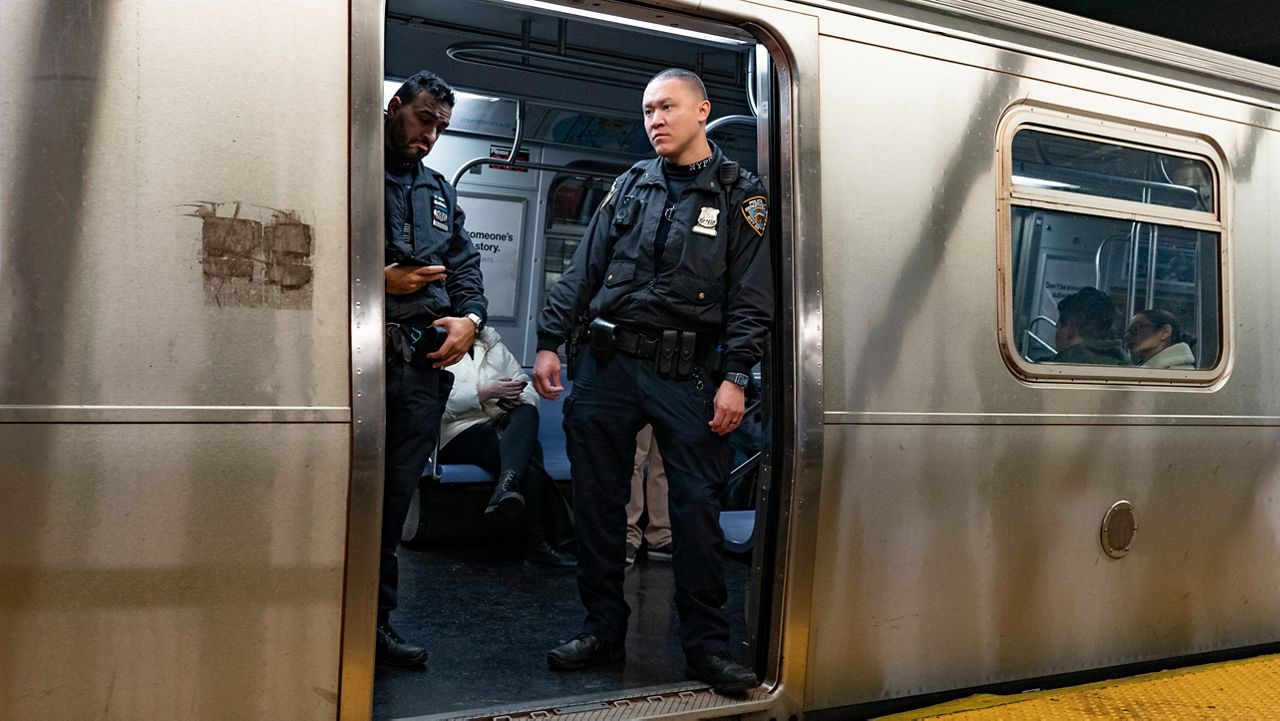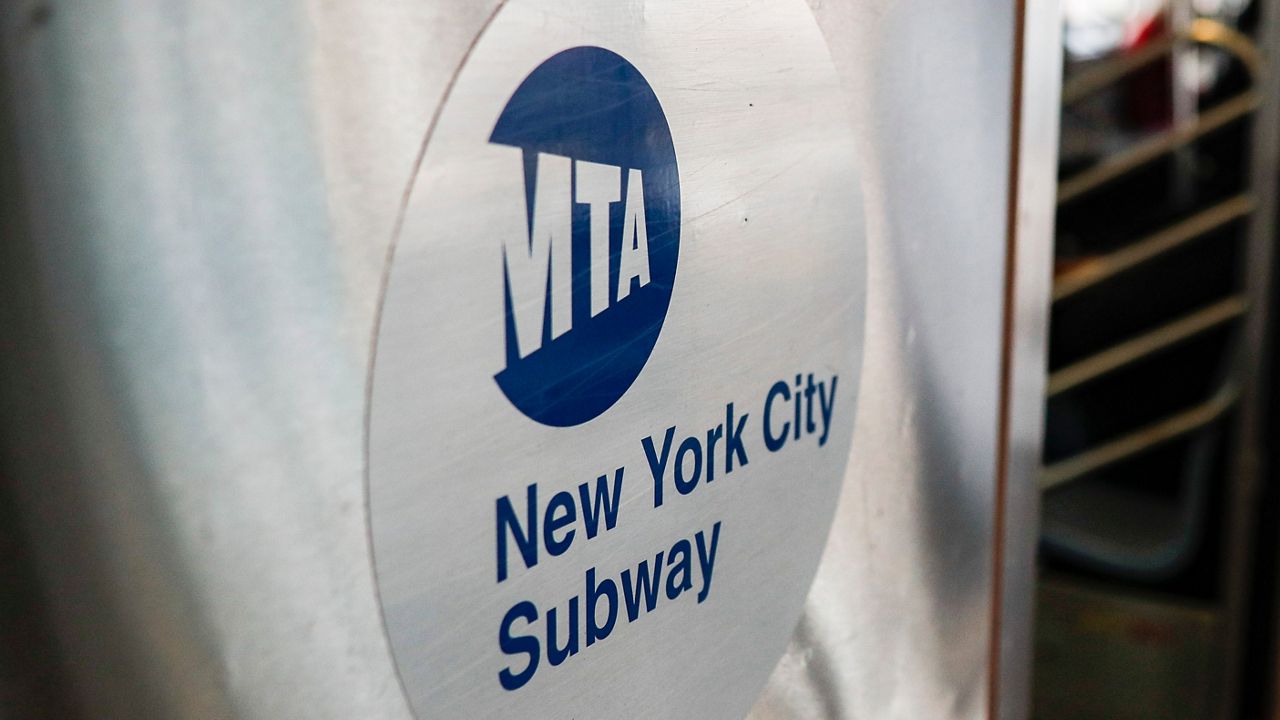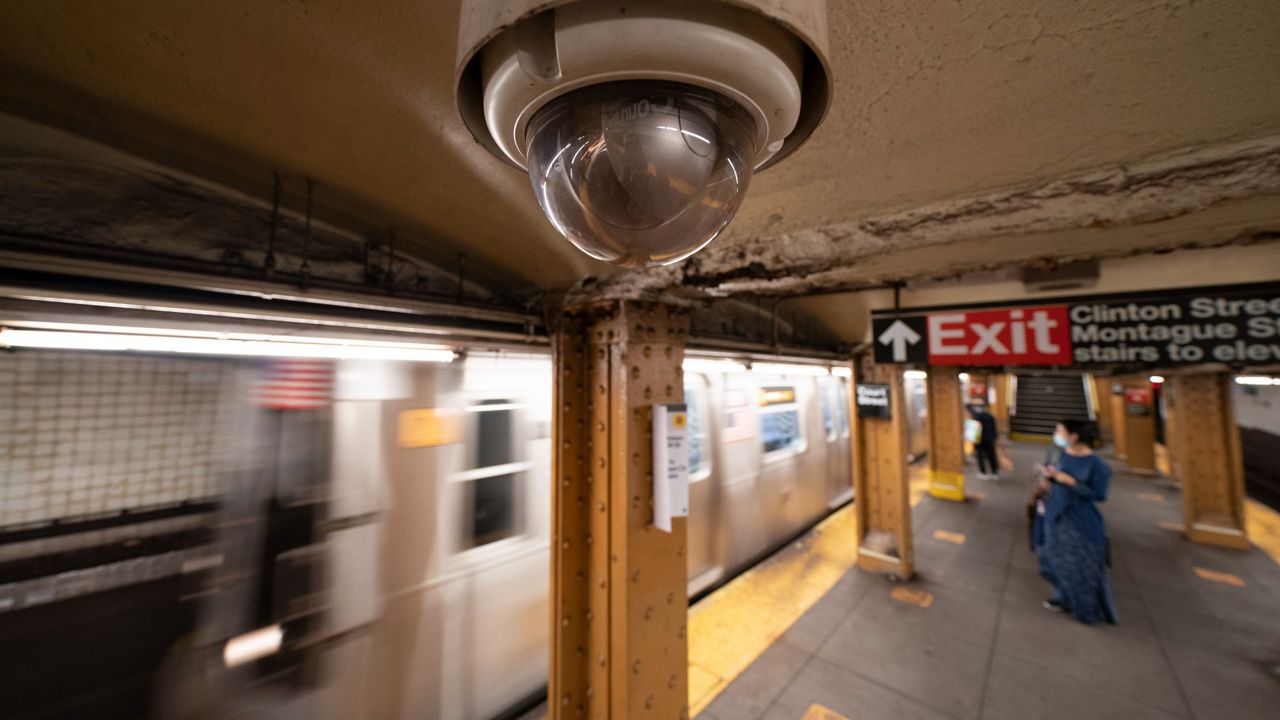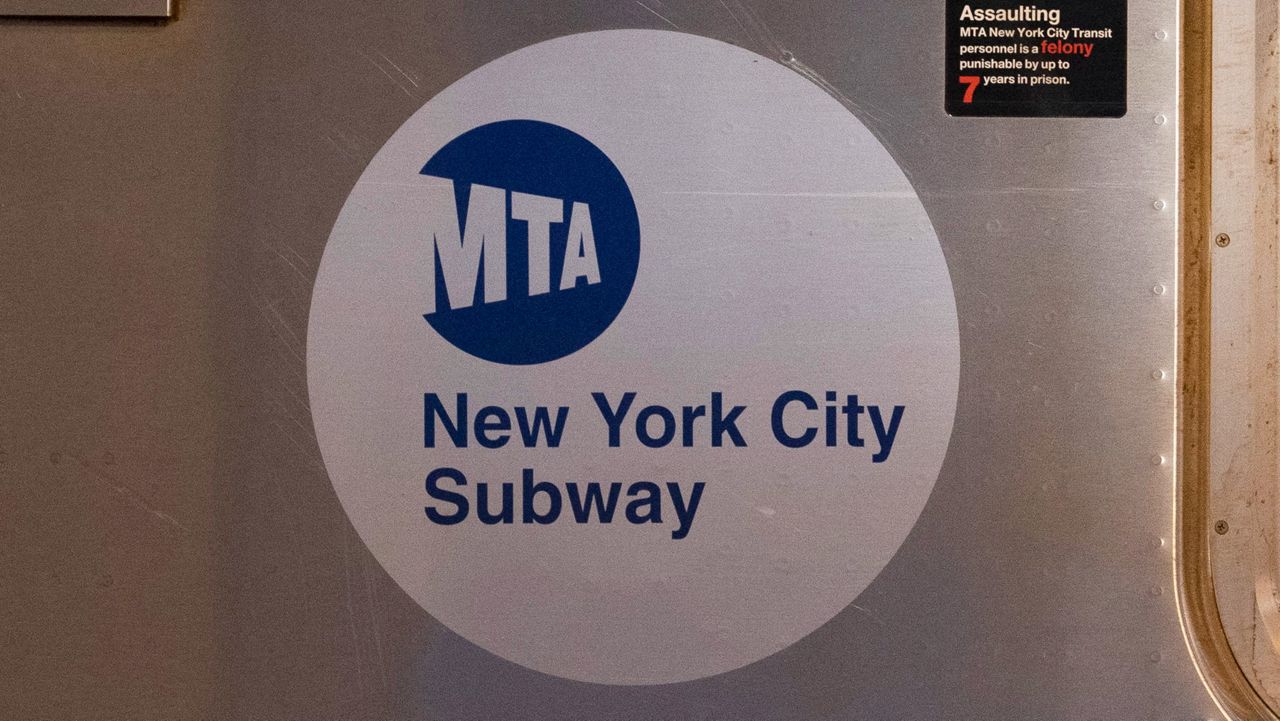There are still questions as to how to fill the now $35 billion gap in the MTA’s 2025-29 capital plan after Gov. Hochul shaved $1 billion each off the anticipated direct funding from the city and state.
MTA Chair and CEO Janno Lieber took issue with the word “gap.”
“It is a little bit of a mystery to me that every time the MTA capital program comes up we treat it like, ‘Oh my God, they need a bailout,’” Lieber told a joint legislative budget hearing. “It’s no different than Medicaid and education, or anything else that’s done in the state. It happens to be treated like an off-budget item.”
But the $68 billion plan to modernize the aging transit system was rejected by the state’s two legislative leaders.
“It cannot get smaller,” Lieber said. “Unless you want to cut the expansion, and we don’t want to cut because the IBX [Interborough Express] is a generational opportunity to connect the two largest counties in the state.”
The Interborough Express is designed to be light rail connecting Queens and Brooklyn on existing freight tracks.
Some legislators used the hearing as an opportunity to complain.
“Congestion pricing — a dagger in the heart,” Chris Eachus, an Assembly Republican representing Rockland and Orange counties, said.
But Lieber stressed what underfunding a capital plan could do, like in 2015.
“I’ll just remind everybody, cuz I keep this in my office, these were the front pages of the two New York tabloids during the summer of 2017,” Lieber said, holding up framed copies of the Daily News and New York Post. “During the so-called summer of hell.”
There’s still uncertainty over federal funding, including a directive from the U.S. Department of Transportation suggesting grants be tied to areas with higher birth and marriage rates.
“I don’t know what to make of it,” Lieber said. “But I do know what to call it: conception pricing.”
Lieber says he’s not worried. But on the issue of state funding, when it seems there is no appetite for new or increased taxes, Lieber says he doesn’t think funding has to all come from new taxes, but he wouldn’t reveal his ideas.
“We will make some suggestions to them, but I’m not going to play the game of starting to act like we’re pushing them to do A or B or C,” Lieber said of encouraging legislators. “That’s their responsibility. They control the purse strings.”
Lieber said he’s optimistic legislators will fully fund the plan because they know how important the MTA and the MTA region is to the state.










